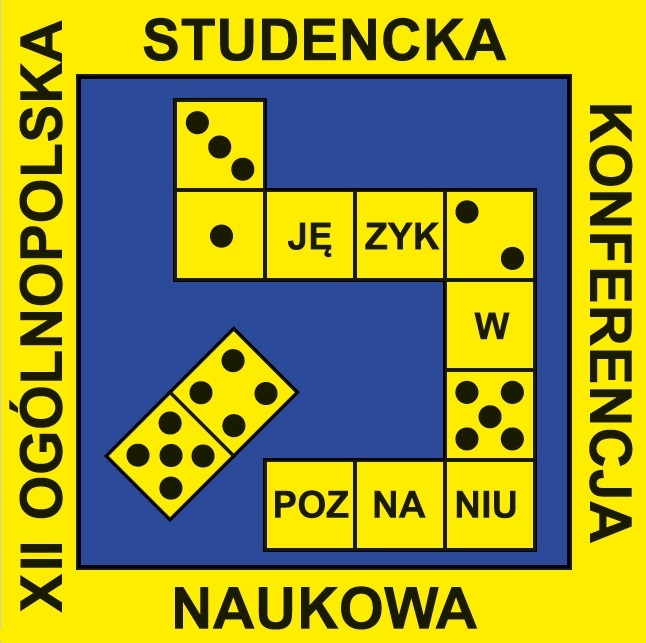XII edycja - abstrakty
Główna |
Organizacja |
Abstrakty |
Program |
Ankieta |

Prezentujemy listę referentów oraz tytułów wystąpień wraz ze streszczeniami. Zapraszamy do lektury!
Przypominamy, że język, w którym podany jest tytuł, jest równoznaczny z językiem całego wystąpienia.
Pod każdym streszczeniem widoczny jest skrócony program (aktualny na 19.10.2020), dzięki któremu można dowiedzieć się, jakie inne referaty będą wygłaszane podczas danej sekcji.
Natika Puthran (Uniwersytet im. Adama Mickiewicza w Poznaniu)
Bambaiya Hindi - Pidgin or Dialect?
The aim of this study is to ascertain whether Bambaiya Hindi (BH), spoken in the city of Mumbai, India, is a pidgin or a dialect. BH developed as a result of contact between Hindi and Marathi. It is used by locals in informal situations and within the budding hip-hop community in Mumbai. The scarce literature available on this topic often addresses BH as a pidgin and on occasion as a dialect. In order to investigate which term is more accurate, I evaluated data from my corpus containing interview videos of hip-hop artists and extracts from a Bollywood film titled Gully Boy. The resulting data was then compared with characteristics of both pidgin and dialect that are present in the linguistic literature. The results showed that BH fails to conform to all the attributes that are typical of a pidgin and has a more favourable disposition towards being a dialect.
Gdzie i kiedy:
| W tym samym czasie ... sekcja 3 | sekcja 4 moderacja: Agata Rosicka / Michał Buss |
| 11:30-11:50 | Natika Puthran (Uniwersytet im. Adama Mickiewicza w Poznaniu) - Bambaiya Hindi - Pidgin or Dialect? |
| 11:50-12:10 | Aleksandra Dekielińska (Uniwersytet im. Adama Mickiewicza w Poznaniu) - Interpersonal communication and deaf people. A brief introduction to Indian Sign Language |
| 12:10-12:30 | Łukasz Putko (Uniwersytet im. Adama Mickiewicza w Poznaniu) - Infelicity of dexterity? Repairing talk in conversations |
| 12:30-12:50 | Piotr Maleszewski (Uniwersytet im. Adama Mickiewicza w Poznaniu) - Techniki syntezy mowy w oparciu o odtworzenie struktur formantowych głosek |
| 12:50-13:20 | dyskusja |